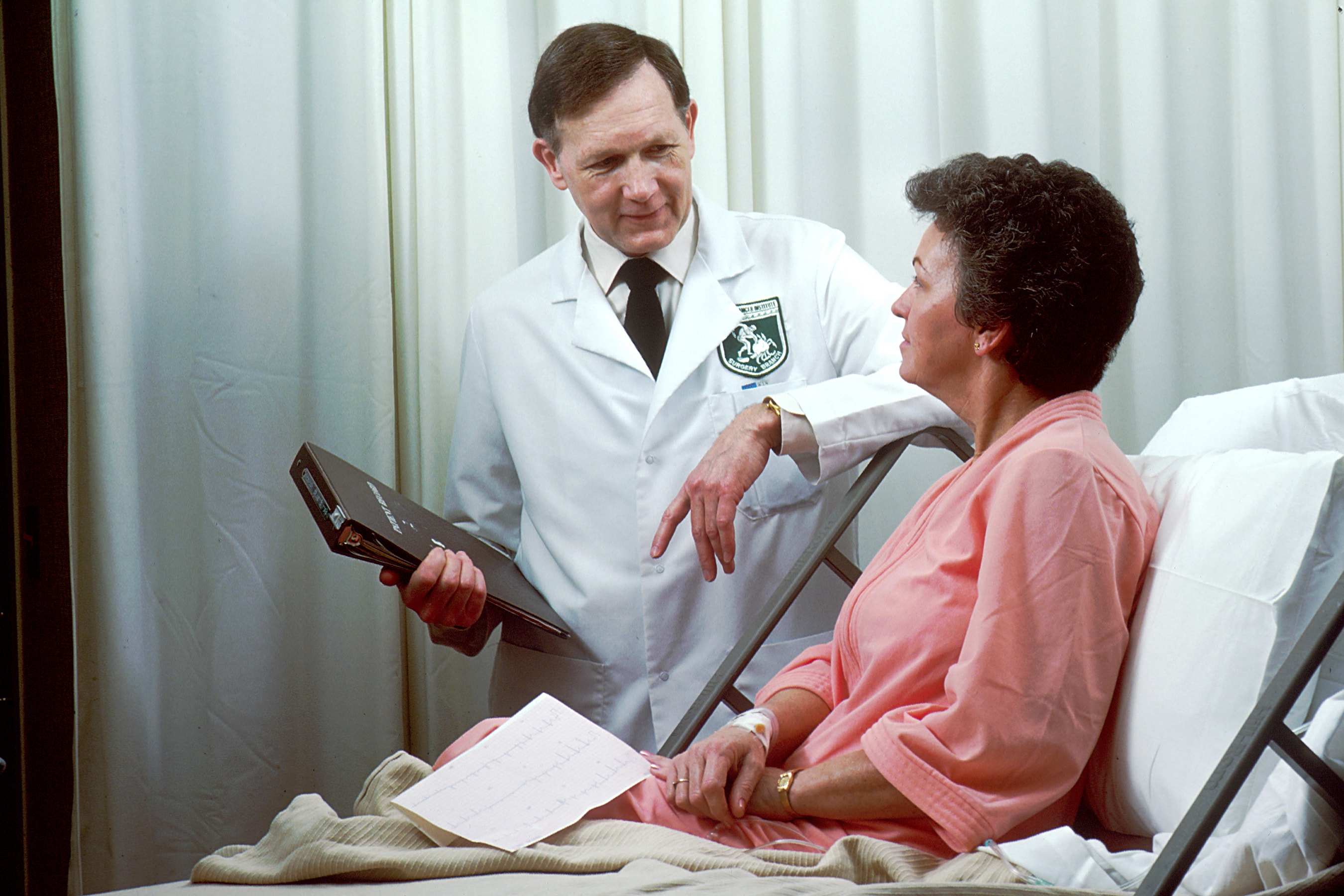Medical Malpractice Caps Are Bad And Hurt Patients: Take This West Virginia Verdict As An Important Lesson
Cases
In a horrible medical malpractice case, a 38-year-young woman underwent a thyroidectomy when the doctor severed laryngeal nerves in her next. As a result she has vocal cord paralysis and a permanent tracheotomy which she has to clean three time a day with a suction machine and breaking machine. She was turned down a job as well because her injury could be a “liability” on the job.
The jury, after hearing the testimony, awarder her over $5.7 million for her pain and suffering, past and future, as well as lost wages, medical expenses, and loss of household services.
However, West Virginia has a non-economic cap on medical malpractice damages of about $630,000 to $650,000, which is based on inflation and changes yearly.
This means that this incredibly young and courageous woman, who was clearly WRONGED by a negligence doctor, as awarded by a court of law and a jury of her peers, will barely get what she deserves. This money is needed for her future well-being, her future care, her future pain and suffering. She is unjustly wronged TWICE—once by the doctor, and once by the legislature!
In fact, her doctor who reviewed the case and supported her lawsuit was quoted saying that “I think [the Legislature] was trying to do away with frivolous cases . . . but when you put caps on plaintiffs’ injuries in meritorious cases . . . how do you award cookie-cutter damages for individual injuries?”
Wow. How true and how bad this is. When a robber steals almost $6 million dollars and gets CAUGHT, found guilty by a jury in a court of law by his peers, does the robber get to give back just $650,00 and keep the remaining $5,350,000 million he stole? ABSOLUTELY NOT!
So why do we let doctors get away with this?
Oh yes—because insurance companies, healthcare providers, and facilities complain that the costs of healthcare go up when victims of medical malpractice get to sue and win money against them. Well, I guess technically that is true. But wouldn’t it just be easier if the healthcare providers didn’t create victims of medical malpractice in the first place?
